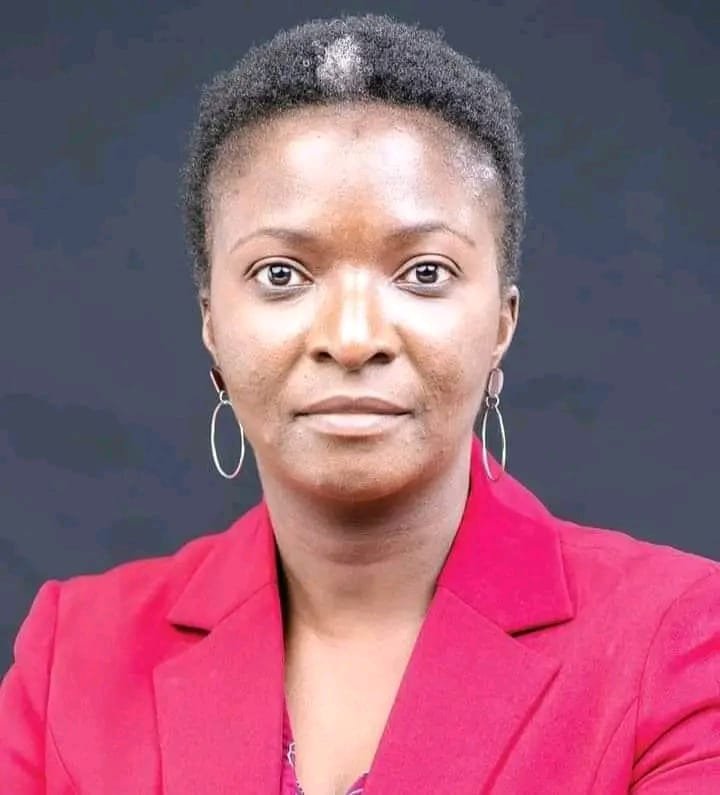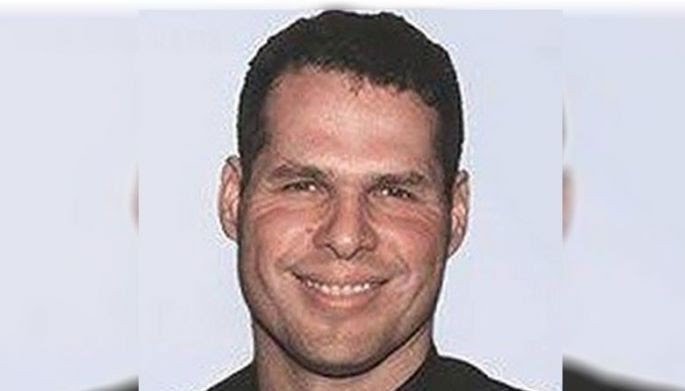By Watipaso Mzungu
Ordinary citizens in Malawi’s cities of Blantyre, Lilongwe and Mzuzu have vehemently objected to the call by civil society organizations (CSOs) to hold mass protests to force Secretary to the President and Cabinet (SPC) to reverse the interdiction of Anti-Corruption Bureau (ACB) Director General Martha Chizuma.
Ten CSOs gave President Dr. Lazarus McCarthy Chakwera up to Monday this week to direct SPC Colleen Zamba to withdraw the interdiction of Chizuma or risk nationwide demonstrations.
The concerned organizations include Centre for Human Rights and Rehabilitation (CHRR), Youth and Society (YAS), Civil Society Accountability and Transparency (CSAT), Human Rights Defenders Coalition (HRDCC), Malawi Human Rights Resources Centre (MHRRC), National Advocacy Platform (NAP), Centre for Civil Society Strengthening, NGO Gender Coordination Network (NGOGCN) and Women Manifesto Movement.
According to an ultimatum the CSOs issued last week, the interdiction of Chizuma coincided with the alleged warrant of arrest, which is believed to have been obtained by the ACB in pursuit to fight against corruption.

The CSOs said they were persuaded to conclude that they are a continuation of systemic and intentional government’s tactics to frustrate any meaningful fight against corruption, and the government is committed to using its apparatus and individuals to achieve its aspiration of removing Chizuma.
“Should the President and government fail to formally withdraw the interdiction by Monday, 6th February, 2023, we will be compelled to mobilise Malawians across the divide to stand up for justice and the rule of law through demonstrations and other civil means,” the statement read in part.
But in Kulinji Programme aired on Times Radio on Monday morning, all the contributors from the three mentioned cities, Malawians expressed disapproval of the planned nationwide demonstrations, stressing that the protests do not benefit ordinary citizens.
George Bwanali – who lives in Area 50 in Lilongwe – said Malawians are tired of street demonstrations.
“Demonstrations have not served the interest of ordinary citizens. Instead, we have seen small scale business-people losing their valuable property to unscrupulous demonstrators. We are not participating in those demonstrations. Let them engage the leaders in dialogue. Or else, let the organizers make a commitment that they will compensate anyone whose property will be looted during the demonstrations,” said Bwanali in an interview with Rebecca Chimjeka.
He challenged the CSOs to channel their resources towards the fight against cholera.
“We have cholera claiming lives at a very alarming rate. If they are caring CSO leaders, why can’t they donate towards the fight against the disease?” he asked.
Another Area 50 resident, who identified herself as Mai Shawa, said demonstrations have plunged many Malawians into worse poverty, especially the under-resourced businesspeople.
Shawa vowed that she will not allow her family members to participate in such demonstrations anymore.
Their concerns were echoed by contributors in Blantyre and Mzuzu. They all recommended that demonstration organizers should engage authorities in dialogue over the matter.
“As much as we don’t agree with the interdiction of Martha Chizuma, we don’t support the idea that we should go to the street to protest over the matter. We have too many problems in this country, yet we have limited resources for addressing them. Why don’t we direct such scarce resources towards addressing pressing issues?” asked Pumulani Chodzi of Blantyre.
Meanwhile, a social media activist and commentator, Lord Dening has observed that directorship of Chizuma at ACB has been characterized by incompetence, tactlessness and solecism.
Dening argued that the selling of state secrets to unauthorized entities is a mark of wretched professional; hence, he is in full support of her interdiction.
“The bench explained that the DG’s social media sympathy was many times better than her actual intellectual capacity to prudently perform work cut out for her office. With zero experience in prosecution, she found herself on a very wrong post which she mistook for an advocacy forum. Perhaps the Office of Ombudsman, where she occupied prior, may fit the quasi political advocacy purposes, which she apparently endeavored to carry out in an office that required her prosecutorial duties,” he said.
Dening further schooled Malawians on the need not to mistake ‘interdiction’ for ‘firing’, stressing that interdiction is a temporary deprivation of authority to exercise duties conferred in the office of the officer being interdicted and not being dismissed from employment.
He wondered why CSOs are trying to make a case out of an interdiction.




